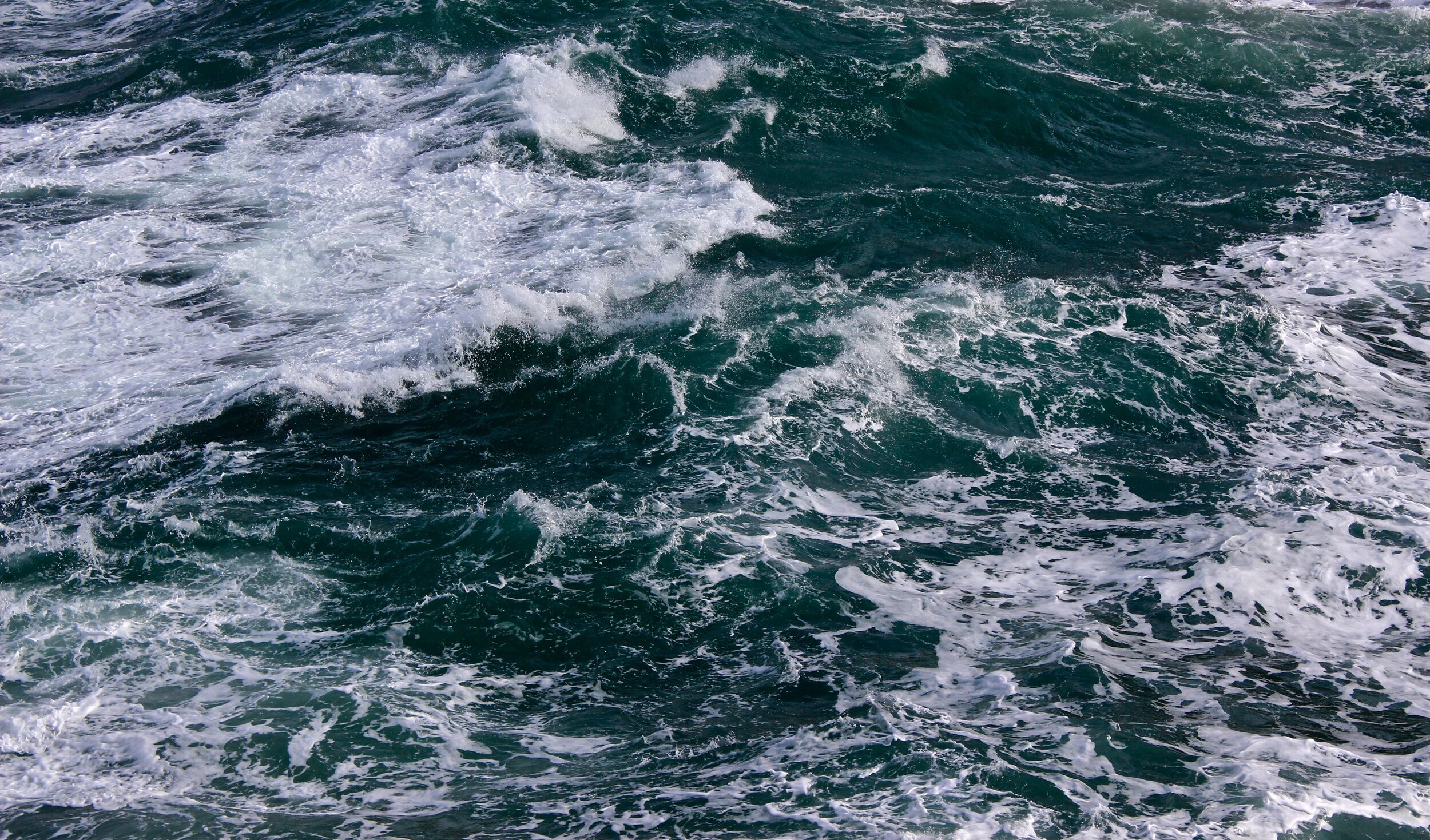Pre-emptive mental wellness
This actually happened.
It was a sunny day and the normal 8 foot Pacific Ocean seas were made more complicated by rebound waves coming off the volcanic cliffs just a few hundred yards away.
We were pulling up a fish trap which had been retrieved from a 100+ foot depth. The boat we were using was small, only 18 feet long. The trap was loaded with fish and we were anxious to unload the catch.
The trap was heavy and awkward. Two of us were lifting the fish trap over one side while a third friend sat on the other side of the small boat as balance.
As we pulled the trap over one rail, a reflected wave suddenly caught the far rail, lifting it towards the sky. The shift in balance surprised me and my partner and the awkward weight of the trap yanked us both into the water. As our weight left the boat, it snapped back the other way, dumping our 3rd friend into the ocean along with us.
We didn’t die
In many ways this scenario could have ended very badly. We hear about fisherman in small boats dying on a regular basis. Small boat, rough seas, everyone in the water, and the nearest possible exit from the water was at least a mile away. Additionally the current runs away from that landing so it would have been a slow swim.
But it didn’t end badly.
5 minutes later, we were all 3 back in the boat, moving fish from the trap into a cooler, and laughing about our dump into the sea.
Happy ending
We arrived at this happy ending because of one single factor — we had all endured years of training and practice in the ocean. That pre-emptive training kept us alive on this day.
In a situation which could easily have caused panic and possibly death we saw an adventure as well as easily recoverable.
What has this got to do with mental wellness?
Surviving and thriving in ocean accidents and thriving in the chaotic world of work are arguably identical.
We spent a lot of time learning, practicing, and preparing for all kinds of ocean scenarios. Scenarios which rarely happened.
And as we learned while situations can be “rare”, we all three got to experience that event, use our training, and come out just fine.
This was why we trained so extensively.
At the same time, we don’t train people how to handle stress and anxiety at work — and today we see the toll that exacts. These are daily challenges which are blocking your employees ability to engage, share, create, and even stay at the company.
Competence please
I’m a huge fan of knowing how to do things before they are needed and I like when other people are well trained.
How excited would you be as a training client for a dentist? Perhaps the first person a nurse has ever taken blood from? Imagine the chaos when an untrained electrician tries to re-wire your house.
So why are we unprepared for the stressful areas of work?
Irrespective of how we got here — we can get training, we can improve the situation, we do not need to accept the status quo as inevitable.
The mental wellness equivalent of swimming lessons and ocean survival are available and necessary.
Please do this
Here are a few suggestions:
find and read the latest research on the upside of stress. Kelly McGonigal at Stanford has done some great work.
learn and practice emotional regulation. There’s a whole set of skills to build resilience and even anti-fragility for our emotions.
learn how to discover self limiting beliefs and practice their discovery daily.
wrap your head around servant leadership. Simon Sinek and Jocko Willink have amazing work on the topic.
have faith in yourself. If anyone can do this — you can. Mental wellness is a skill. You can learn it.
No-one learns to swim by ignoring the water
Please don’t think you will learn mental wellness by ignoring the stress in your life.

